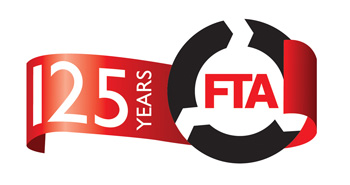
FTA has said it is ‘relieved’ at the findings of the ‘Report of the Smith Commission for further devolution of powers to the Scottish Parliament’ issued today and how it could have affected the transport and logistics sector.
Included in the Report of the Smith Commission which was published today were several factors that could impact the freight and logistics industry, including:
All aspects of Fuel Duty and Excise Duties will remain reserved
The power will be devolved to the Scottish Government to allow public sector operators to bid for rail franchises funded and specified by Scottish Ministers
Remaining powers to change speed limits will be devolved to the Scottish Parliament
Powers over all road traffic signs in Scotland will also be devolved
The functions of the British Transport Police in Scotland will be a devolved matter
Chris MacRae – FTA Head of Policy Scotland said:
"FTA welcomes the findings of the Smith Commission Report today. It is important that Scotland's Supply Chains and routes to market are able to operate efficiently across borders, and within UK, Europe and Globally ."
After consultation with its members the Freight Transport Association (FTA) had made its Submission to Lord Smith of Kelvin’s in response to the Smith Commission, when it highlighted five key objectives to maintaining safe, efficient and sustainable logistics throughout the UK.
The five objectives outlined within the FTA Submission were:
Free and Open Borders
Fair Competition for Freight
Quality and value for money services for Motoring Services Agencies
Consistent, fair and effective approach from safety regulators/agencies
High Quality Transport Infrastructure Networks
The Association had asked the Commission that when it was considering the scope for further devolution of any law-making and tax-raising powers to “carefully consider the consequential impacts of its proposals on Scotland’s supply chains and logistics activities and aim to avoid the potential for new costs or market distortions to arise that would disrupt current economies of scale or borderless transport patterns.”